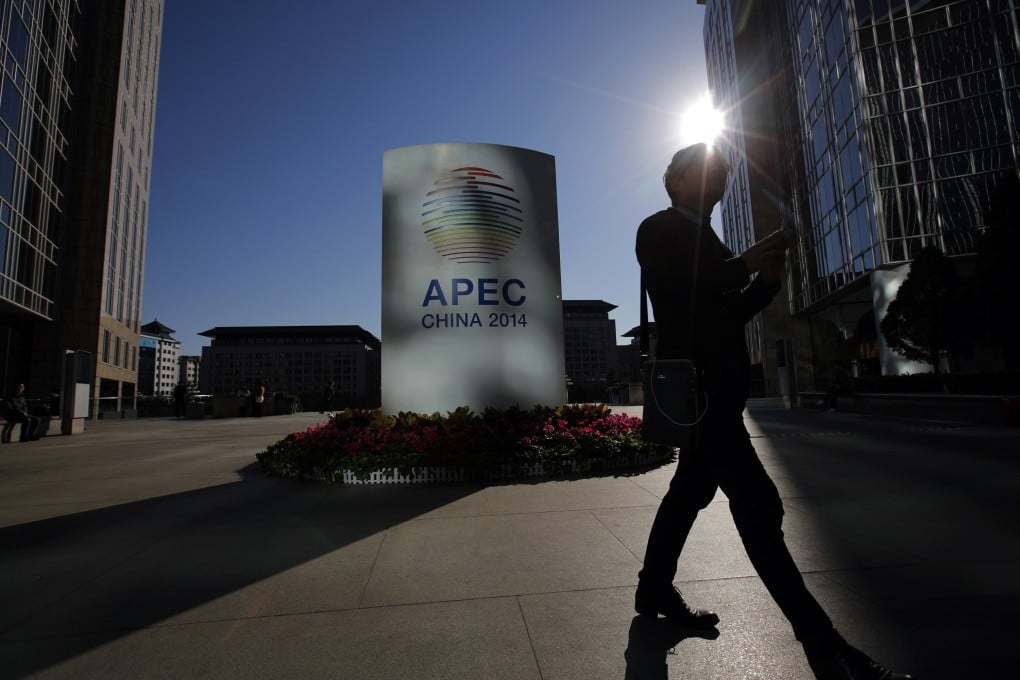Opinion | China's 'fox hunt' must do more than attack the symptoms of corruption
Hu Shuli says efforts to catch fugitive officials should also focus on the cause of problems, and build a clean, transparent system of governance

The anti-corruption campaign that has been sweeping across China is extending beyond its borders. Two high-profile international meetings last month - the Asia-Pacific Economic Cooperation forum in Beijing and the G20 summit in Brisbane - both unveiled plans to further their members' cooperation on this front.
For years, corrupt Chinese officials have found it too easy to escape the law, and many have fled abroad with their loot. The People's Bank of China estimated in 2011 that, since the 1990s, some 16,000 to 18,000 corrupt officials and senior executives at state-owned enterprises have taken 800 billion yuan (HK$1 trillion) of their illicit gains out of the country. Among these was Gao Yan , a former Yunnan party secretary whose whereabouts are still unknown.
Lax enforcement of the law undermines public confidence in the anti-corruption campaign and damages China's national image. Thus, the government has stepped up its cooperation with overseas authorities to track down these fugitives.
The current leadership has been especially active. Since taking over, it has launched a second, "international" phase of the corruption fight. And at the third meeting of the 18th Central Commission for Discipline Inspection, held in January, the government pledged to redouble efforts to make these fugitives answer for their crimes.
Curbing corruption to foster a society's healthy development has long been the goal of most countries around the world. As early as 2004, in Chile, Apec leaders agreed to work together to fight corruption and encourage open government - a pledge repeated at the Russian summit in 2012. In 2005, the forum set up an anti-corruption and transparency experts' task force, which was upgraded in 2011 to a working group.
Taking it further still, leaders agreed at last year's summit to set up the Apec Network of Anti-Corruption Authorities and Law Enforcement Agencies, which held its first meeting in Beijing last month.
China must seize on such international resolve to move from attacking the symptoms of corruption to rooting out the cause - by building sound institutions for clean government, taking example from the best international practices. Taking this open attitude to push forward reform will have significant meaning for a country trying to modernise itself.
